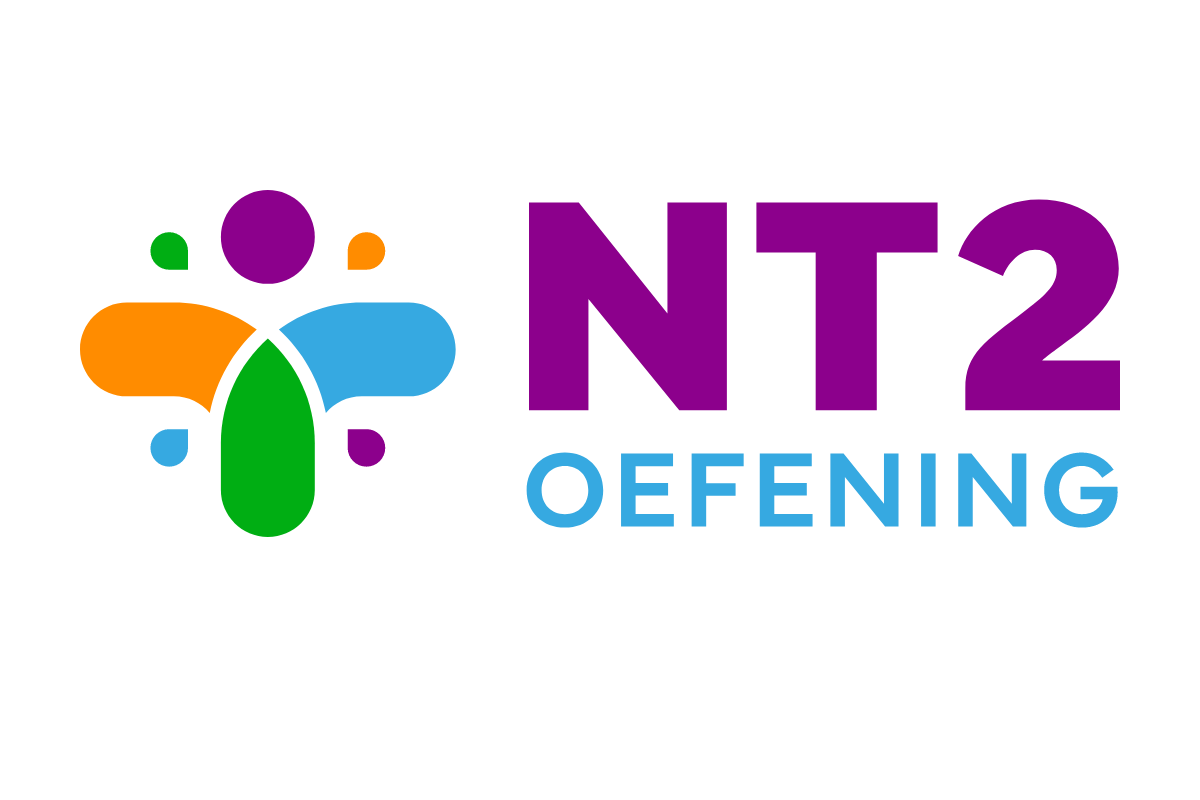Living as an expat child in a multicultural environment presents a world of exciting opportunities. However, there are also some challenges. One fascinating phenomenon is code-switching where children effortlessly switch between languages as they navigate different social settings. So, we will explore the intricate dynamics of code-switching in this blog. Moreover, we examine its significance, benefits, and impact on language development and cultural identity. Join us on this captivating linguistic journey as we delve into the world of code-switching by expat children.
Understanding Code-Switching
Code-switching, at its core, involves alternating between multiple languages or language varieties in a single conversation or even a single sentence. Expat children frequently encounter diverse linguistic environments, conversing in the local language with friends, using English at school, and speaking their native language at home. This linguistic adaptability serves as a vital means for effective communication and seamless cultural adaptation.
Linguistic Adaptability and Cultural Awareness
Code-switching not only showcases linguistic adaptability but also fosters cultural awareness among expat children. Through seamlessly switching languages, children bridge gaps between different cultural groups, expressing their identity and sense of belonging. They embrace and understand multiple languages. So, these children can gain a deeper appreciation for diverse cultures, fostering a more inclusive mindset.
Language Development Benefits
Research indicates that code-switching offers numerous benefits for language development. It enhances vocabulary skills, syntax, and grammar in both languages as children continuously navigate between different linguistic systems. Besides, code-switching serves as a linguistic exercise, strengthening cognitive abilities and promoting bilingual proficiency. Furthermore, it allows expat children to maintain and develop their mother tongue while acquiring new languages.
Identity Formation
Code-switching plays a pivotal role in shaping the cultural and personal identity of expat children. They fluidly transition between languages. So, these children can learn to adapt to different social contexts, forging connections with diverse communities. Also, code-switching empowers children to express their unique multicultural backgrounds. Because it promotes a sense of pride in their heritage and fosters a balanced and enriched identity.
Supporting Language Development with Nt2 Oefening
To further enhance Dutch language skills and support Dutch language development, Nt2 Oefening offers a comprehensive range of Dutch practice exams. These resources provide targeted exercises and materials designed to strengthen Dutch proficiency. With Nt2 Oefening as a valuable companion, expats can embark on their linguistic journey with confidence, achieving mastery of the Dutch language.
Conclusion
Code-switching is a remarkable linguistic phenomenon exhibited by expat children, enabling them to seamlessly navigate diverse cultures and languages. By embracing code-switching, these children develop invaluable language skills, cultural awareness, and a balanced sense of identity. As expat families embark on their Dutch language journey, Nt2 Oefening stands ready to support their Dutch language acquisition and integration goals.
Follow us on social media!

